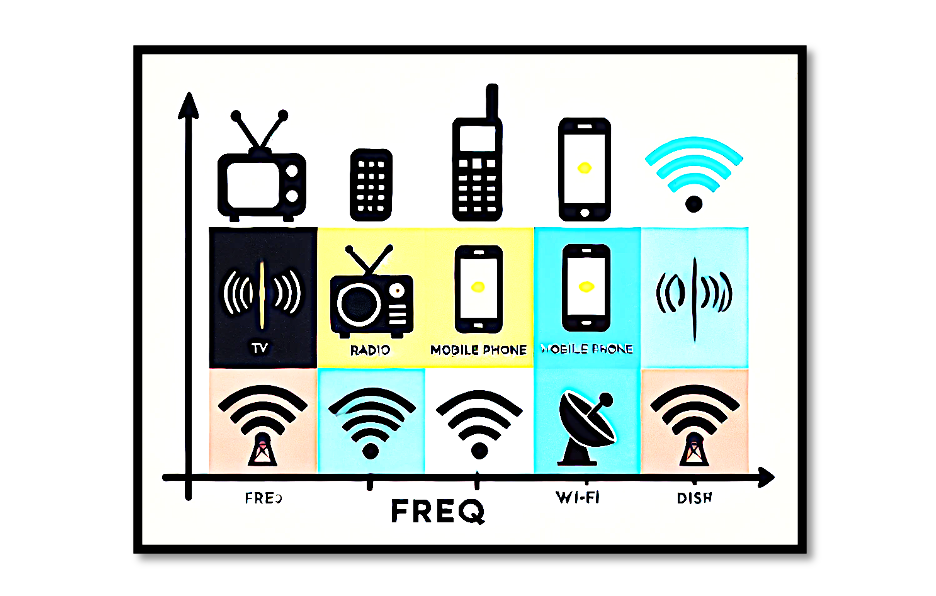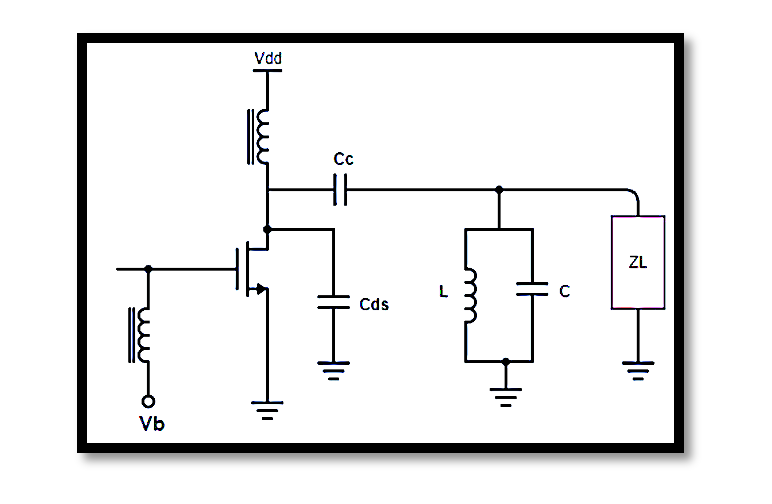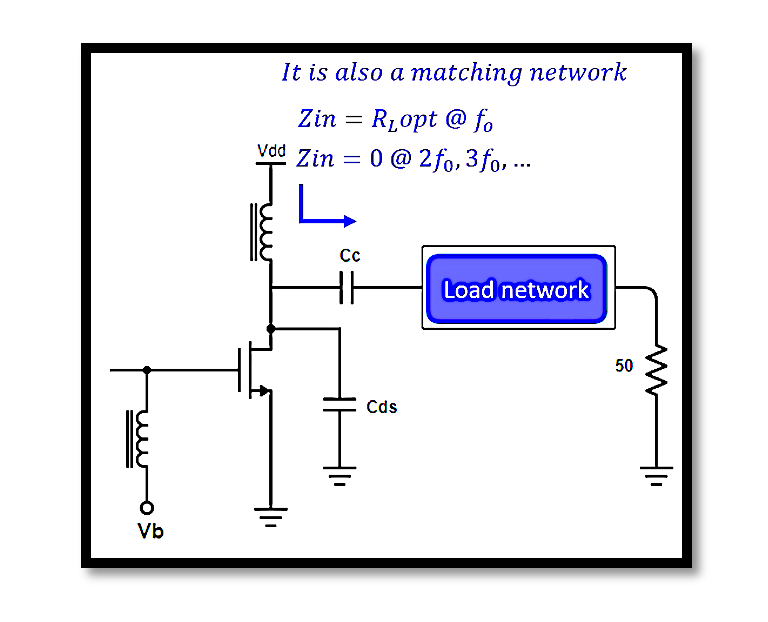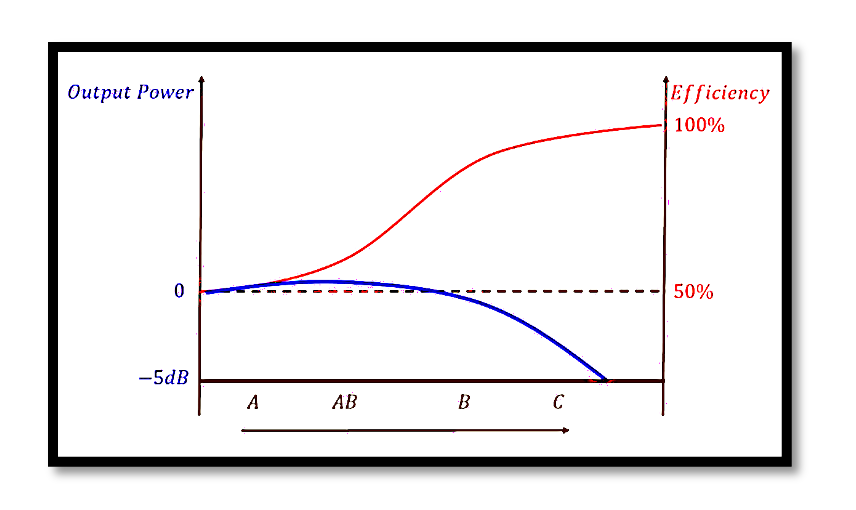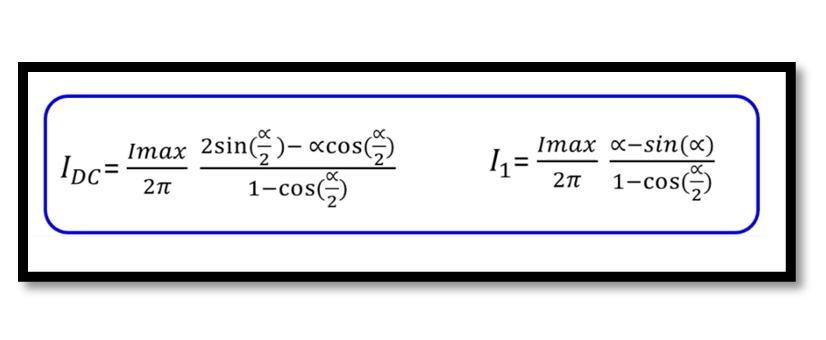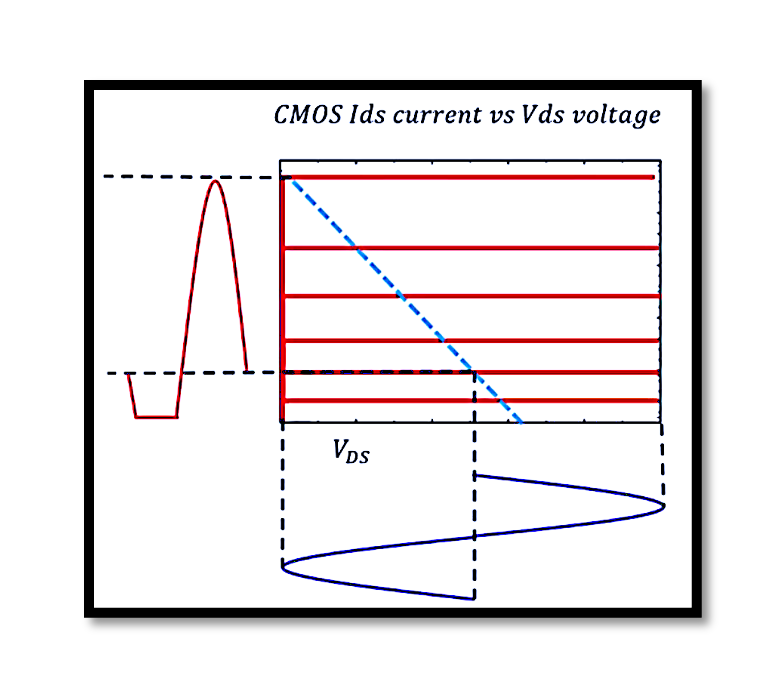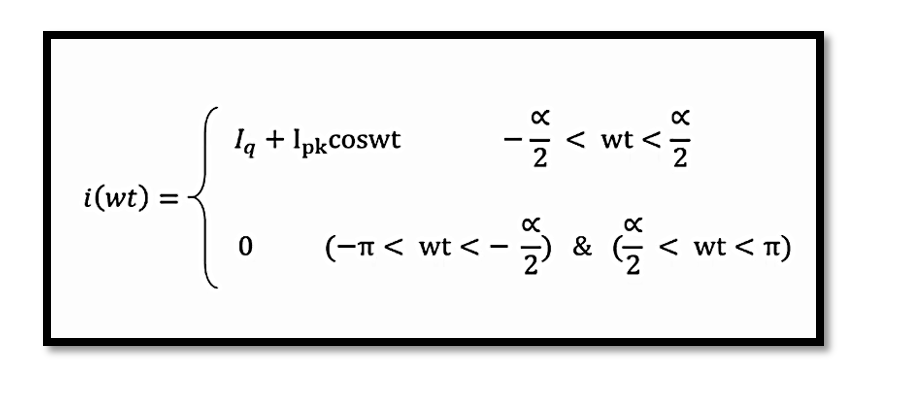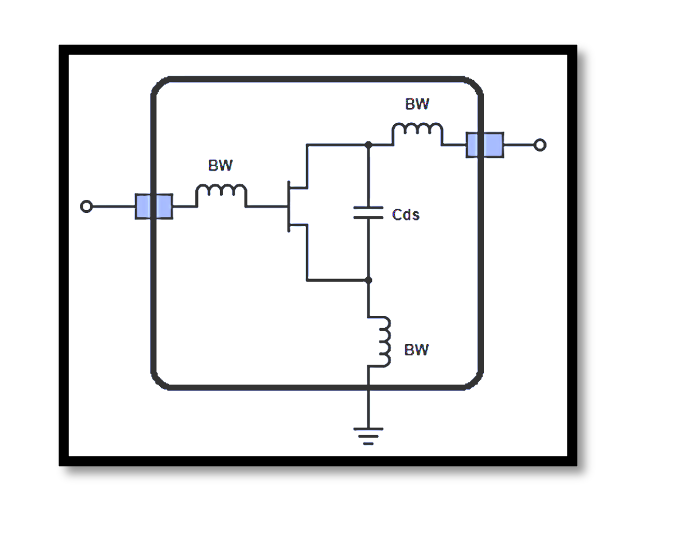In today’s world communication is everywhere, from mobile phones and radios to TV broadcasts. But have we ever wondered what enables these devices to transmit signals clearly without interference? The key lies in a process called modulation. Modulation plays a …
In the world of telecommunications, modulation plays a fundamental role in how we transmit and receive information over vast distances. Whether it’s making a phone call, listening to the radio, or browsing the internet, the process of modulation ensures that …
Introduction: Load tuning networks are fundamental in achieving optimal performance in RF power amplifiers, especially those operating in Class AB, B, and C. These classes of amplifiers are widely used in communication systems due to their efficiency and ability to …
Introduction: Harmonic distortion is a significant challenge in RF power amplifiers, especially those operating in Class AB, B, and C. These amplifiers are known for their efficiency and are widely used in various communication systems. However, the non-linearities inherent in …
Power amplifiers are categorized into different classes—Class A, Class B, Class AB, and Class C—each with distinct characteristics, efficiencies, and harmonics profiles. This blog delves into a technical comparison of these amplifier classes, providing a detailed analysis supported by equations, …
Introduction In the world of power amplifiers, the efficiency and output power are critical parameters that influence the choice of design, particularly in applications requiring high fidelity and minimal distortion. Class A and Class AB amplifiers are two popular configurations, …
Amplifiers are a crucial component in many electronic systems, with their primary function being to increase the power of a signal. Among the different amplifier classifications, Classes A, B, and C are widely used, each offering unique advantages and challenges. …
Power amplifiers are fundamental components in various electronic systems, particularly in RF and audio applications. These amplifiers boost the signal power to levels suitable for transmission or driving a load. Among the different classes of power amplifiers, Classes AB, B, …
In the design of electronic amplifiers, the classification of amplifiers based on their conduction angle, current, and voltage relationships is crucial for understanding their behavior, efficiency, and application. Amplifiers are commonly categorized into classes such as Class A, B, AB, …
Class A amplifiers are fundamental components in the world of electronics, especially in high-frequency applications like RF and audio amplification. Known for their linearity and fidelity, Class A amplifiers have a unique place in amplifier design. This blog provides an …

